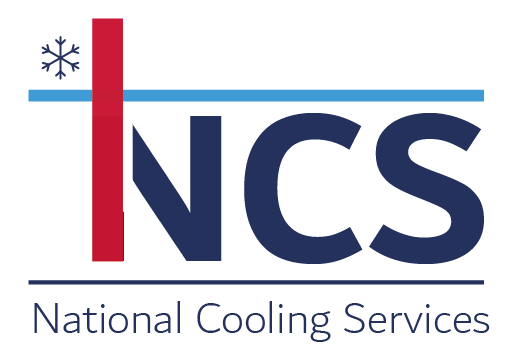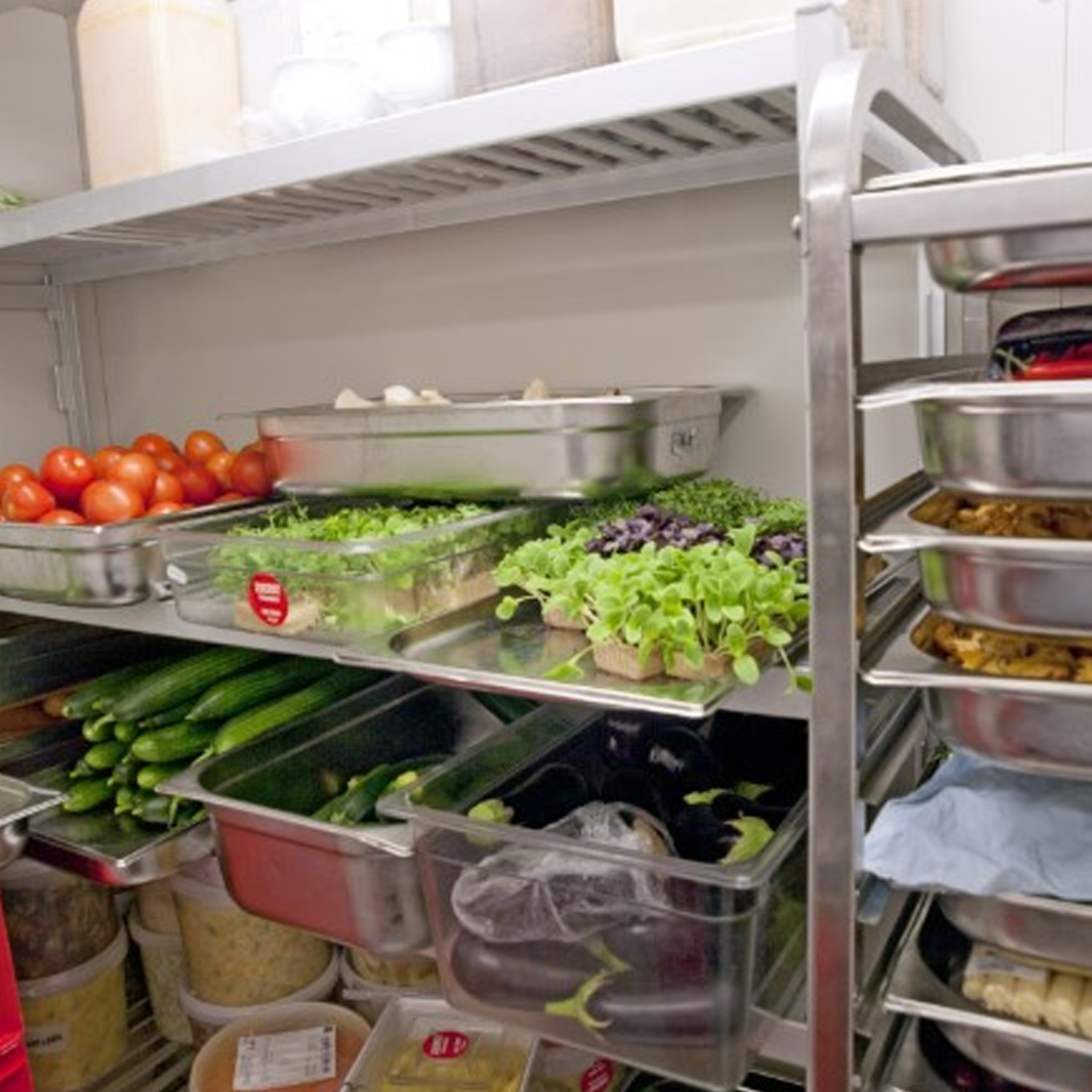David Harris
- David Harris
In the UK, food safety is paramount, and the proper storage of chilled foods is a crucial aspect of maintaining both quality and safety. The Food Standards Agency (FSA) sets out comprehensive guidelines for chilled food storage to minimise the risk of foodborne illnesses and ensure that consumers receive fresh, safe products. Understanding and following these guidelines is essential for both food businesses and households.

Key Guidelines for Chilled Food Storage
Temperature Control
Optimal Temperature Range: Chilled foods should be stored at a temperature of 0°C to 5°C. This temperature range is critical as it slows down the growth of harmful bacteria without freezing the food.
Monitoring: Regularly check the temperature of refrigerators and cold storage units using accurate thermometers. It is advisable to keep a record of temperature readings to ensure consistency.
Storage Practices
Separation of Raw and Cooked Foods: To prevent cross-contamination, always store raw meats, poultry, and seafood separately from cooked or ready-to-eat foods. Use sealed containers or place raw items on the lowest shelves to prevent juices from dripping onto other foods.
Proper Wrapping and Covering: Ensure that all chilled foods are adequately wrapped or covered. This not only helps in preventing contamination but also keeps the food fresh for a longer period by reducing exposure to air and moisture
Date Marking and Rotation
Use-By Dates: Pay attention to use-by dates on perishable items. These dates indicate the last day the product is safe to consume. Foods should be consumed or discarded by this date.
First In, First Out (FIFO): Implement the FIFO method in both commercial and home kitchens. This practice ensures that older stock is used before newer stock, reducing waste and the risk of consuming expired products.
Hygiene Standards
Clean Storage Units: Regularly clean refrigerators and cold storage units to prevent the buildup of bacteria, mould, and unpleasant odours. Use appropriate cleaning agents and ensure that the units are thoroughly dried before restocking.
Personal Hygiene: Individuals handling food should maintain high personal hygiene standards. Wash hands thoroughly before and after handling food, especially when switching between raw and ready-to-eat items.
Defrosting and Reheating
Safe Defrosting: Defrost frozen foods in the refrigerator, not at room temperature, to prevent bacterial growth. Plan ahead to allow sufficient time for safe thawing.
Reheating Guidelines: When reheating chilled foods, ensure they are heated thoroughly to a core temperature of at least 75°C. This kills any bacteria that may have developed during storage.
Transport and Delivery
Maintain Temperature: During transport, chilled foods should be kept at the appropriate temperature to prevent spoilage. Use insulated containers or refrigerated vehicles for this purpose.
Minimise Exposure: Reduce the time chilled foods are exposed to higher temperatures. Unload deliveries quickly and store items promptly to maintain the cold chain.
Why These Guidelines Matter
Adhering to these guidelines is vital for several reasons:
Health and Safety: Proper storage prevents the growth of harmful bacteria, reducing the risk of foodborne illnesses such as Salmonella, E. coli, and Listeria.
Quality Preservation: Maintaining the correct temperature and storage conditions helps retain the taste, texture, and nutritional value of foods.
Compliance and Reputation: For food businesses, following FSA guidelines ensures compliance with legal requirements, helps avoid fines and legal action, and maintains customer trust.
Conclusion
Proper chilled food storage is a cornerstone of food safety in the UK. Whether you are running a food business or managing a household kitchen, adhering to the FSA guidelines helps ensure that your food remains safe and delicious. By understanding and implementing these best practices, we can all contribute to reducing food waste, preventing foodborne illnesses, and promoting a culture of safety and quality in food handling.
Related Articles Below
Call us Now on 01283 330 084
or click below for a quote



